Baby formula constipation relief
Newborn Constipation in Formula-Fed Infants: What to Do
The only thing worse than the dreaded poopy diaper? Worrying about why your baby isn’t having one.
If your baby has gone several days without a dirty diaper, you may be ready to tear out your hair trying to figure out what’s wrong.
As you run through all the potential causes, one thing likely to cross your mind is their diet — especially if you’ve recently started them on formula.
Is it true that formula can cause constipation? What should you do if your baby is constipated? When do you need to contact your child’s pediatrician? Let’s take a look.
It’s true: Formula-fed babies are more likely to be constipated than those exclusively on breast milk. Why is this?
Well, breast milk is generally easier for babies to digest and considered a natural laxative.
Formula, on the other hand, is thicker. It has larger proteins that can be harder to digest. This makes gastrointestinal problems — including constipation — more likely.
But keep in mind that this doesn’t mean it’s impossible for a breastfed baby to become constipated or that all babies on formula will be constipated.
Every baby is different. Also, whether formula-fed or breastfed, your baby may show signs of constipation when you introduce solids into their diet.
One other note: Some babies fed exclusively with breast milk don’t poop frequently, but in those cases it’s likely because their bodies are absorbing all the nutrient-filled breast milk they’re eating.
Wondering if your baby is constipated? Signs of constipation include:
- infrequent or less common bowel movements
- hard bowel movements that can appear like pellets, rocks, or hard balls
- blood on the surface of the stool or when wiping
- pain while passing bowel movements — for a baby who can’t communicate with words, this may appear as an arched back, a red face, and crying
- a tight belly
- lack of interest in food
The number of poop-filled diapers a baby will have each day or week can vary greatly. Use your baby’s normal — not your neighbor’s baby or your brother’s baby — as the baseline to help you determine if they’re constipated.
Use your baby’s normal — not your neighbor’s baby or your brother’s baby — as the baseline to help you determine if they’re constipated.
And it’s important to remember that constipation isn’t just about how frequently your infant is pooping, but also about how hard it is for them to do so.
If they poop once every 3 to 4 days, but the poop is soft and seems to pass easily, they may be just fine. On the other hand, if your baby poops every other day but is straining and crying while pooping and the poop is hard, they may be constipated.
If you’ve recently switched to formula after exclusively breastfeeding your baby, you may notice changes in your baby’s poop. It’s not uncommon for it to become harder or change color.
You may also notice an increase in gas, particularly if your baby is transitioning to using a bottle. Every baby is different though, and you may not notice much of a change.
Looking at supermarket formula displays can be enough to set your head spinning.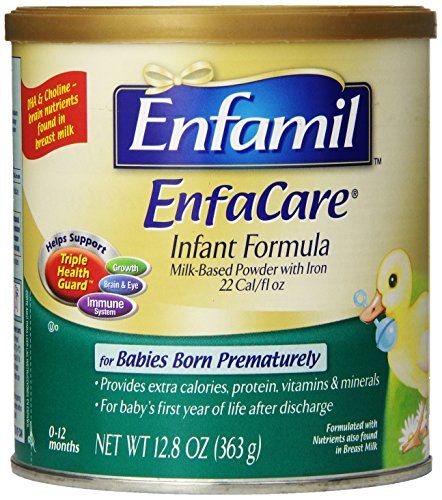
First, there are three different forms of formula you can choose from:
- powders
- concentrates
- ready-to-use
Then, within these forms, they may be:
- milk-based (cow or goat) formulas
- soy-based formulas
- specialty formulas, like organic options
Some formulas advertise themselves as easier to digest.
This can be because they are homogenized, which means they’re processed in a way that breaks down molecules for easier absorption. Or they may be made with ingredients designed to be easier on the digestive system.
Despite this advertisement, there’s no guarantee that any formula will sit well in baby’s stomach. So, how do you choose?
For many parents, the answer lies in asking fellow parents and caregivers about their experiences with formula and researching the ingredients to find one that feels right.
After choosing a formula, you might decide that you’d like to change to another one.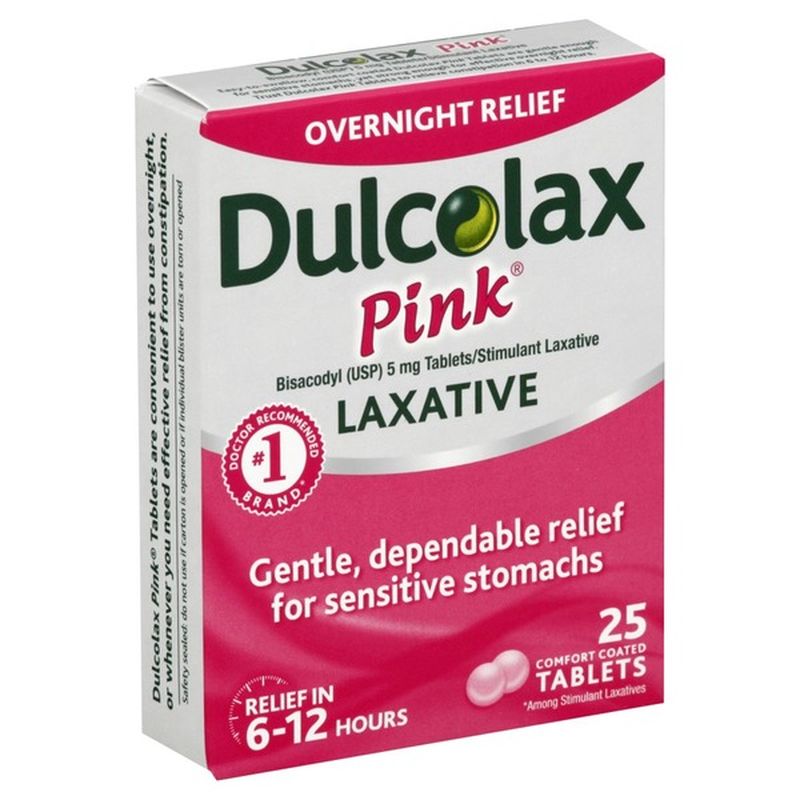 Is this a good idea?
Is this a good idea?
Switching your baby’s formula may make a difference in their poop, since their sensitivity to some of the ingredients in the original formula may have led to their constipation.
However, changing formula styles or brands can also make things worse, especially if you do it too often.
In other words, it’s not a good plan to give your baby one formula for 1 or 2 days, then changing to another formula right away when you see that they’re constipated. Instead, try giving baby a few weeks to adjust to any newly introduced formula.
In some cases, though, changing formulas might be wise. Even so, it’s best to speak with your child’s pediatrician first.
Reasons to consider changing formulas can include:
- food allergies
- extreme fussiness
- a need for more iron in a baby’s diet, as determined by a doctor (though most infant formulas do contain iron)
- weakness or fatigue
- vomiting (more than just spit-up)
- bloody stools
- diarrhea
Especially if your child is showing signs of allergies or wheat or dairy aversions, changing to a brand with different ingredients may make digestion easier.
It’s never a good idea to create your own homemade formula, however. Your child’s doctor can help you find an approved formula if your little one needs something special.
For many babies, a simple home remedy or two is all you’ll need to relieve constipation.
For an older baby, you can consider a dietary change.
If your child is over 6 months old, offer them a small amount of 100 percent apple, prune, or pear juice diluted with water. These include sorbitol, a type of sugar. It acts like a laxative and may be able to help with constipation.
Extra water can soften their poop, too. Of course, don’t forget to check with your doctor first for their recommendations on amount and types of liquids.
And if your baby is already eating solids, you may want to consider offering them fiber-filled options like peas and prunes. You may also consider baby cereals with whole wheat or barley instead of rice, since they include more fiber.
For younger babies, you can try the following:
- Bicycle kicks.
 Gently bend baby’s legs toward their chest or circle their legs in a gentle bicycling motion. (It’s easier to get a poop out in a squat position than lying flat!)
Gently bend baby’s legs toward their chest or circle their legs in a gentle bicycling motion. (It’s easier to get a poop out in a squat position than lying flat!) - Infant massage. Massaging their stomach and having skin-to-skin time may improve your little one’s digestive system.
- Bathing. A warm bath can help your little one’s muscles relax and allow poop to pass.
If these remedies aren’t working, your doctor may suggest other treatments. It’s not recommended to use mineral oil, stimulant laxatives, or enemas to solve constipation in infants, so speak with your pediatrician for safer methods.
Most of the time, infant constipation isn’t a sign of a serious problem, and it can be easily addressed. On very rare occasions, constipation may be a sign of another underlying condition.
Reach out to your baby’s doctor if you notice:
- consistent issues with constipation despite dietary changes to attempt to address it
- vomiting
- weakness
- refusal to eat
- blood in stools
- black stools (after your baby has already passed their meconium, which occurs during the first few days of life)
A constipated baby is one of the few things worse than the smell of a really poopy diaper.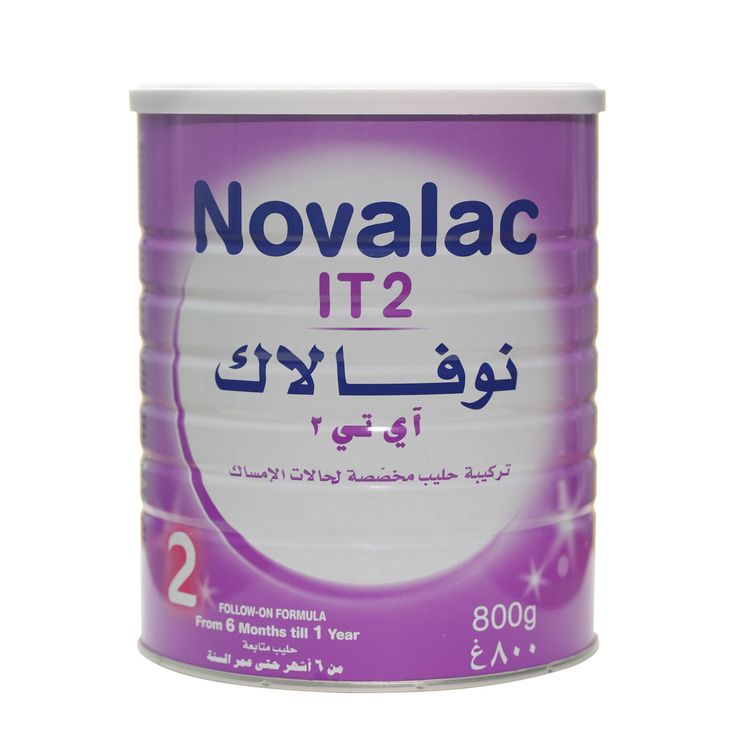
If you’ve recently switched your little one to formula, you may notice that their poops are a little harder and less frequent. You might also notice a change in bowel movements if you’ve introduced solids to your little one’s diet.
If constipation becomes severe or you notice other warning signs of poor health, don’t hesitate to reach out to your baby’s doctor. They can assist you in creating a plan to get your little one feeling better ASAP.
Newborn Constipation in Formula-Fed Infants: What to Do
The only thing worse than the dreaded poopy diaper? Worrying about why your baby isn’t having one.
If your baby has gone several days without a dirty diaper, you may be ready to tear out your hair trying to figure out what’s wrong.
As you run through all the potential causes, one thing likely to cross your mind is their diet — especially if you’ve recently started them on formula.
Is it true that formula can cause constipation? What should you do if your baby is constipated? When do you need to contact your child’s pediatrician? Let’s take a look.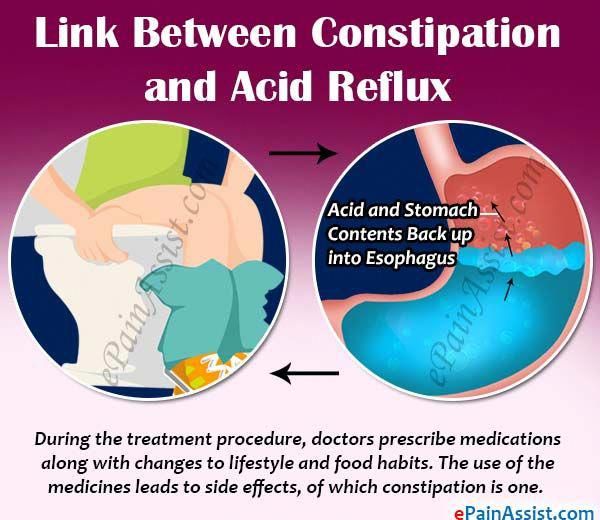
It’s true: Formula-fed babies are more likely to be constipated than those exclusively on breast milk. Why is this?
Well, breast milk is generally easier for babies to digest and considered a natural laxative.
Formula, on the other hand, is thicker. It has larger proteins that can be harder to digest. This makes gastrointestinal problems — including constipation — more likely.
But keep in mind that this doesn’t mean it’s impossible for a breastfed baby to become constipated or that all babies on formula will be constipated.
Every baby is different. Also, whether formula-fed or breastfed, your baby may show signs of constipation when you introduce solids into their diet.
One other note: Some babies fed exclusively with breast milk don’t poop frequently, but in those cases it’s likely because their bodies are absorbing all the nutrient-filled breast milk they’re eating.
Wondering if your baby is constipated? Signs of constipation include:
- infrequent or less common bowel movements
- hard bowel movements that can appear like pellets, rocks, or hard balls
- blood on the surface of the stool or when wiping
- pain while passing bowel movements — for a baby who can’t communicate with words, this may appear as an arched back, a red face, and crying
- a tight belly
- lack of interest in food
The number of poop-filled diapers a baby will have each day or week can vary greatly. Use your baby’s normal — not your neighbor’s baby or your brother’s baby — as the baseline to help you determine if they’re constipated.
Use your baby’s normal — not your neighbor’s baby or your brother’s baby — as the baseline to help you determine if they’re constipated.
And it’s important to remember that constipation isn’t just about how frequently your infant is pooping, but also about how hard it is for them to do so.
If they poop once every 3 to 4 days, but the poop is soft and seems to pass easily, they may be just fine. On the other hand, if your baby poops every other day but is straining and crying while pooping and the poop is hard, they may be constipated.
If you’ve recently switched to formula after exclusively breastfeeding your baby, you may notice changes in your baby’s poop. It’s not uncommon for it to become harder or change color.
You may also notice an increase in gas, particularly if your baby is transitioning to using a bottle. Every baby is different though, and you may not notice much of a change.
Looking at supermarket formula displays can be enough to set your head spinning.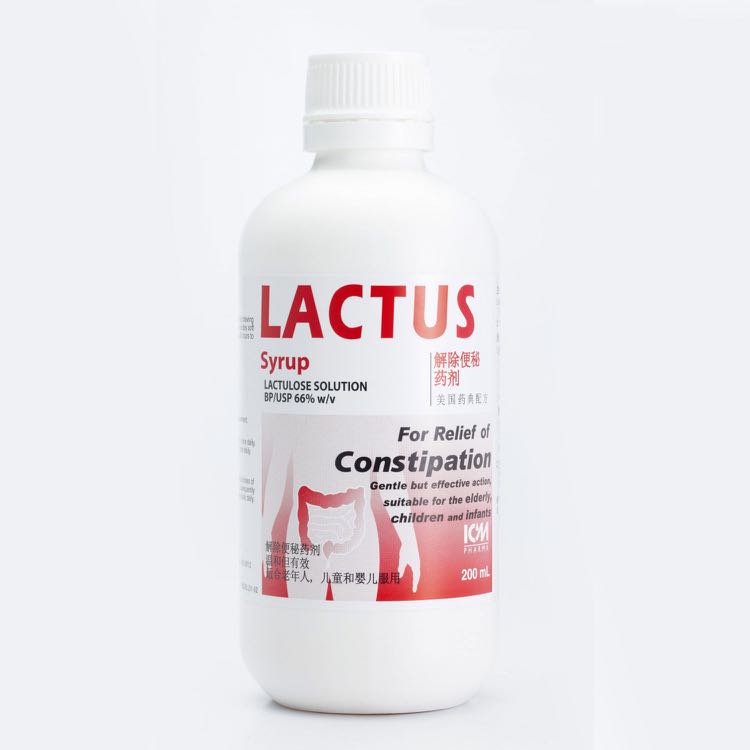
First, there are three different forms of formula you can choose from:
- powders
- concentrates
- ready-to-use
Then, within these forms, they may be:
- milk-based (cow or goat) formulas
- soy-based formulas
- specialty formulas, like organic options
Some formulas advertise themselves as easier to digest.
This can be because they are homogenized, which means they’re processed in a way that breaks down molecules for easier absorption. Or they may be made with ingredients designed to be easier on the digestive system.
Despite this advertisement, there’s no guarantee that any formula will sit well in baby’s stomach. So, how do you choose?
For many parents, the answer lies in asking fellow parents and caregivers about their experiences with formula and researching the ingredients to find one that feels right.
After choosing a formula, you might decide that you’d like to change to another one. Is this a good idea?
Is this a good idea?
Switching your baby’s formula may make a difference in their poop, since their sensitivity to some of the ingredients in the original formula may have led to their constipation.
However, changing formula styles or brands can also make things worse, especially if you do it too often.
In other words, it’s not a good plan to give your baby one formula for 1 or 2 days, then changing to another formula right away when you see that they’re constipated. Instead, try giving baby a few weeks to adjust to any newly introduced formula.
In some cases, though, changing formulas might be wise. Even so, it’s best to speak with your child’s pediatrician first.
Reasons to consider changing formulas can include:
- food allergies
- extreme fussiness
- a need for more iron in a baby’s diet, as determined by a doctor (though most infant formulas do contain iron)
- weakness or fatigue
- vomiting (more than just spit-up)
- bloody stools
- diarrhea
Especially if your child is showing signs of allergies or wheat or dairy aversions, changing to a brand with different ingredients may make digestion easier.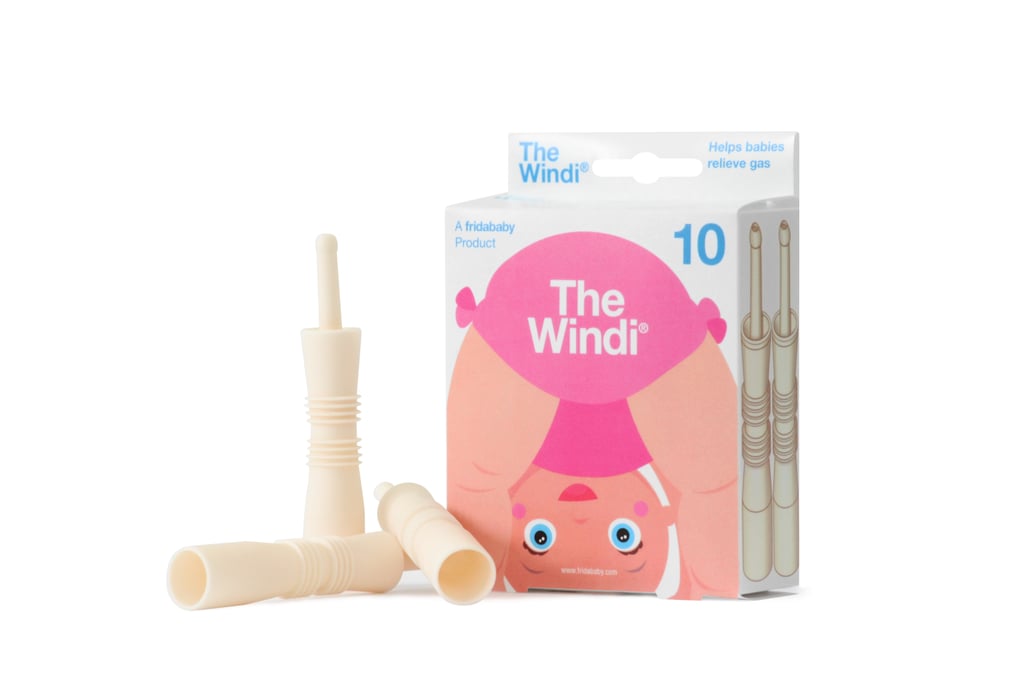
It’s never a good idea to create your own homemade formula, however. Your child’s doctor can help you find an approved formula if your little one needs something special.
For many babies, a simple home remedy or two is all you’ll need to relieve constipation.
For an older baby, you can consider a dietary change.
If your child is over 6 months old, offer them a small amount of 100 percent apple, prune, or pear juice diluted with water. These include sorbitol, a type of sugar. It acts like a laxative and may be able to help with constipation.
Extra water can soften their poop, too. Of course, don’t forget to check with your doctor first for their recommendations on amount and types of liquids.
And if your baby is already eating solids, you may want to consider offering them fiber-filled options like peas and prunes. You may also consider baby cereals with whole wheat or barley instead of rice, since they include more fiber.
For younger babies, you can try the following:
- Bicycle kicks.
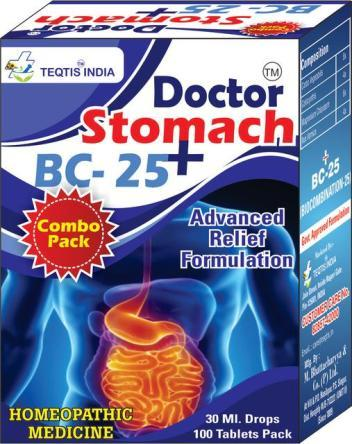 Gently bend baby’s legs toward their chest or circle their legs in a gentle bicycling motion. (It’s easier to get a poop out in a squat position than lying flat!)
Gently bend baby’s legs toward their chest or circle their legs in a gentle bicycling motion. (It’s easier to get a poop out in a squat position than lying flat!) - Infant massage. Massaging their stomach and having skin-to-skin time may improve your little one’s digestive system.
- Bathing. A warm bath can help your little one’s muscles relax and allow poop to pass.
If these remedies aren’t working, your doctor may suggest other treatments. It’s not recommended to use mineral oil, stimulant laxatives, or enemas to solve constipation in infants, so speak with your pediatrician for safer methods.
Most of the time, infant constipation isn’t a sign of a serious problem, and it can be easily addressed. On very rare occasions, constipation may be a sign of another underlying condition.
Reach out to your baby’s doctor if you notice:
- consistent issues with constipation despite dietary changes to attempt to address it
- vomiting
- weakness
- refusal to eat
- blood in stools
- black stools (after your baby has already passed their meconium, which occurs during the first few days of life)
A constipated baby is one of the few things worse than the smell of a really poopy diaper.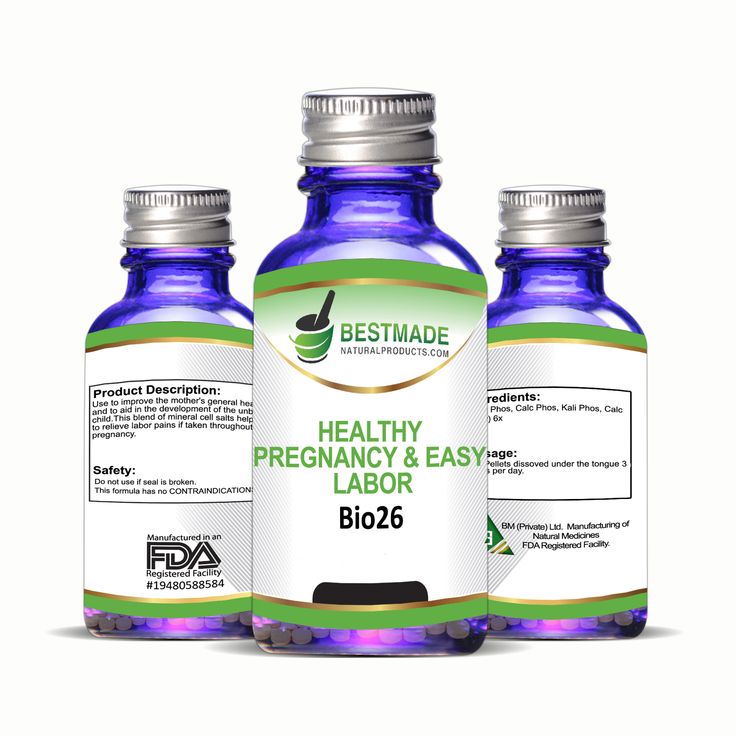
If you’ve recently switched your little one to formula, you may notice that their poops are a little harder and less frequent. You might also notice a change in bowel movements if you’ve introduced solids to your little one’s diet.
If constipation becomes severe or you notice other warning signs of poor health, don’t hesitate to reach out to your baby’s doctor. They can assist you in creating a plan to get your little one feeling better ASAP.
8 Best Mixtures for Constipation and Colic for Newborns - Ranking 2023
In the first months of life, the baby's digestive system is extremely unstable and receptive to nutrition. Therefore, when choosing mixtures as a supplement or alternative to breast milk, it is important to choose high-quality, proven products that help normalize stools. The most common cause under the age of one year is colic, constipation. But drugs should only be used as a last resort. Parents will be able to come to the aid of the best mixtures for constipation and colic for newborns, which are approved by pediatricians, experts. Only reliable manufacturers with certified products were included in the 2023 rating. Based on reviews and comparative analysis, the review will present fermented milk and preventive infant formulas with probiotics, prebiotics. Learn more about each nominee and the determining selection criteria below. nine0003
Only reliable manufacturers with certified products were included in the 2023 rating. Based on reviews and comparative analysis, the review will present fermented milk and preventive infant formulas with probiotics, prebiotics. Learn more about each nominee and the determining selection criteria below. nine0003
Contents
Mixture for constipation and colic for newborns which company is better to choose
You can use special baby formulas for colic and constipation not only in case of artificial feeding, but also as an additional food for breastfeeding. Many well-known manufacturers have such products, but the following ones were able to get into the fresh rating:
- Kabrita is a trademark of the Dutch company Ausnutria. Factories produce not only baby food, but also yoghurts, butter and others. dairy products for children and adults. 75 farms act as a daily supplier of goat milk. Production experience since 1897 years old The brand has been present on the Russian market since 2012.
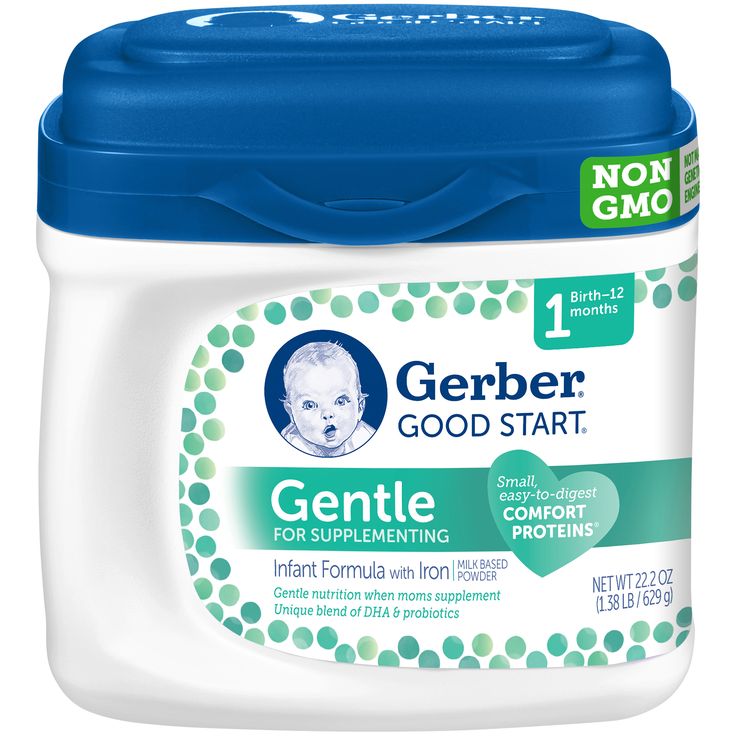
- Nestle is a Swiss company that has been around for over a hundred years. It has two brands of baby food - Nestogen, NAN. Each composition is optimized for a specific age range; in addition to vitamins, it contains carbohydrates, proteins, and fats in the right proportion.
- Agusha is a Russian baby food brand that has been in existence since 1992. Today, this brand is the main supplier of food for free dairy kitchens. The maximum expansion of the range has been observed since 2008. The company strives for the unification of its products, recognition not only within Russia. nine0014
- Bibikol is a German manufacturer using New Zealand raw materials for the manufacture of baby food. It is in these parts that valuable goat milk is obtained, as animals eat fresh grass all year round. The company does not offer combined feeds, it does not contain GMOs, fragrances, additives.
- Humana is the only manufacturer whose entire production process takes place in Germany.
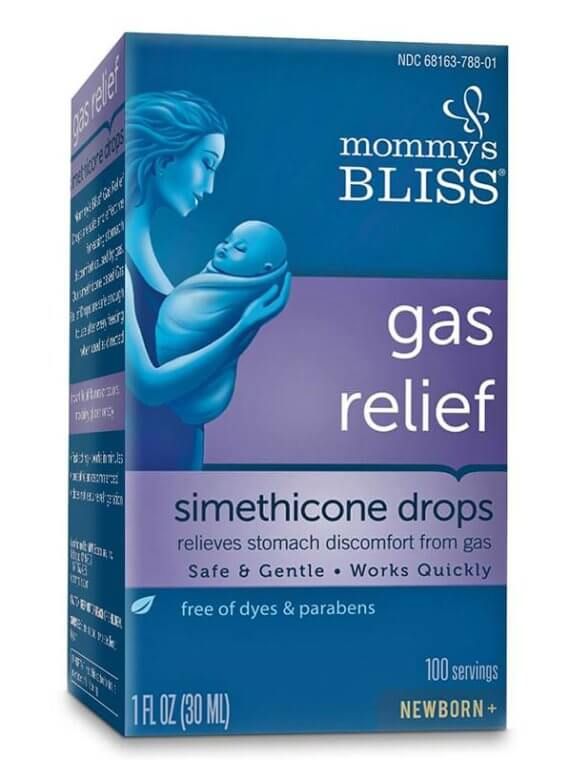 The raw material used is milk only from the family farms of the city of Herford. A safe composition, a wide range have earned the trust of millions of customers. nine0014
The raw material used is milk only from the family farms of the city of Herford. A safe composition, a wide range have earned the trust of millions of customers. nine0014 - Similac is a well-known baby food brand owned by the American company Abbott. It occupies a leading position in its market segment. The composition of infant formulas is maximally adapted to breast milk, which protects the fragile digestive system from disorders.
- Friso is a Dutch company with over 19,000 organic baby food farms. Experience has exceeded 130 years. The Queen of Holland awarded the company with royal status. Each product contains the optimal combination of key nutrients for the immunity of the baby. nine0014
Constipation and colic mixture rating for newborns
After reliable baby food manufacturers have been identified, it is possible to proceed to the definition of criteria by which they were awarded the top list. Initially, the opinions of leading pediatricians helped determine the list of contenders for the title of the best mixtures for constipation and colic for newborns.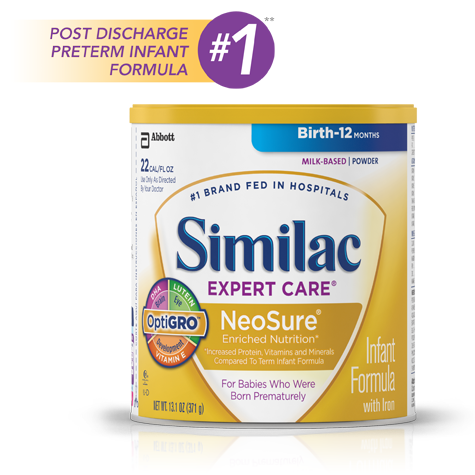 Further, the experts relied on the following evaluation criteria:
Further, the experts relied on the following evaluation criteria:
- Type - milk with gum, lactulose, adapted, sour milk; nine0014
- Composition - split proteins, dietary fiber, vitamins, prebiotic, probiotic, etc.;
- Indications - individual physiological characteristics of the baby's body;
- Age limit - the number "1" means up to six months;
- Safety - no GMOs, vegetable oils, flavors, flavor enhancers;
- Rules of application - cooking method, packaging consumption;
- Storage - shelf life, preservation requirements.
In the course of the study, the experts also got acquainted with the opinions of parents who, on their own experience, were convinced of the quality and useful properties of various products. Based on this information, the defining strengths and weaknesses of each nominee were established.
Best Prophylactic Prebiotic Mixes for Constipation
The most important ingredient in baby food for the prevention and treatment of constipation is prebiotics.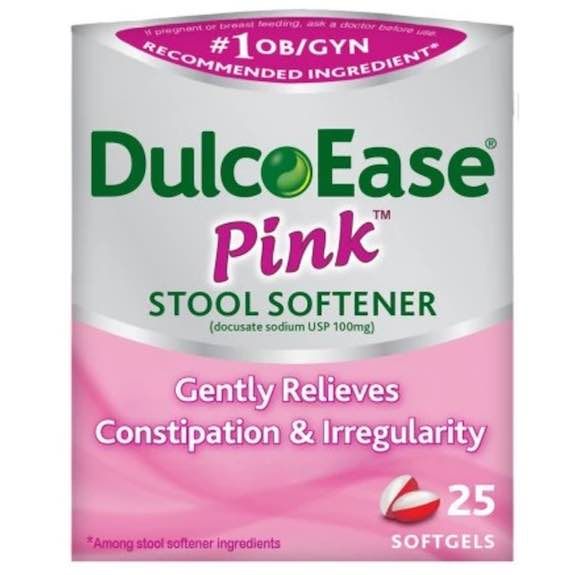 These components are aimed at softening the feces, as well as improving the intestinal microflora. Lactobacilli and bifidobacteria, natural dietary fiber will help improve its peristalsis. What mixtures are best for newborns with constipation will be prompted by a pediatrician, reviews of experienced parents and expert recommendations in the current review. nine0003
These components are aimed at softening the feces, as well as improving the intestinal microflora. Lactobacilli and bifidobacteria, natural dietary fiber will help improve its peristalsis. What mixtures are best for newborns with constipation will be prompted by a pediatrician, reviews of experienced parents and expert recommendations in the current review. nine0003
Kabrita 1 Gold
Adapted milk dry mix, the main raw material for which is goat milk from the Netherlands. Enriched with a large list of valuable components to facilitate digestion. Recommended for age group 0-6 months.
Goat milk is easily digestible and well tolerated. DigestX beta-palmitate fat complex minimizes the risk of constipation, increases calcium absorption, and improves energy metabolism. Prebiotics and probiotics, goat milk nucleotides and oligosaccharides strengthen the immune system, DHA (ω-3) and ARA (ω-6) support the proper development of the organs of vision and the brain. nine0003
Packing - tin can 800 g. The powder dissolves easily without lumps in boiled water cooled down to 40 degrees. The taste is delicate, soft creamy with a slight sweetness. For dosage, a measuring spoon is provided.
The powder dissolves easily without lumps in boiled water cooled down to 40 degrees. The taste is delicate, soft creamy with a slight sweetness. For dosage, a measuring spoon is provided.
Advantages:
- Highly adapted blend;
- Goat milk for comfortable digestion;
- Components for enhancing immunity;
- Easy digestion;
- Eye and brain supplements; nine0014
- Mild creamy taste;
- Good solubility, easy preparation.
Drawbacks:
- Price.
According to reviews, the product is in demand, so it is not always on sale.
Nestogen 1 Prebio
Budget product with preventive action against abdominal discomfort. It is intended for babies from the first days of life, in addition to the main function, it regulates stool, and also reduces the intensity of colic. The rich composition is a source of demineralized whey and skim milk, lactose, maltodextrin, soy lecithin, prebiotics, lactobacilli. Additional useful components are a complex of vitamins and minerals, L-carnitine, taurine to maintain immunity. Dietary fiber facilitates the process of digestion, which in turn normalizes feces. The only contraindication is hypersensitivity to the composition. nine0003
Additional useful components are a complex of vitamins and minerals, L-carnitine, taurine to maintain immunity. Dietary fiber facilitates the process of digestion, which in turn normalizes feces. The only contraindication is hypersensitivity to the composition. nine0003
Advantages
- No palm oil;
- Multicomponent composition;
- Prebiotics and lactobacilli for the intestines;
- Proven manufacturer for years;
- Pleasant taste;
- Convenient packaging;
- Inexpensive.
Drawbacks
- Likely to develop allergies;
- Inaccurate dosages in instructions.
This is one of the most popular products in its segment, which will be affordable for most buyers. Pediatricians praise the composition, parents praise the taste, supplements in the form of vitamins and minerals, convenient packaging, and the absence of palm oil. The disadvantage is inaccurate dosages for preparation; for detailed information, you will need to consult a doctor. Rarely, but still the composition causes allergies. nine0003
Rarely, but still the composition causes allergies. nine0003
Agusha 1
For the still fragile gastrointestinal tract of newborns, Agusha offers a prophylactic mixture for constipation and colic. The number "1" on the package indicates that it can be used from birth. The composition of such a product does not include sugar, starch, gluten, preservatives. In addition to adapted milk raw materials, the manufacturer included prebiotics in the formula, they soften feces, improve intestinal motility and its microflora. There is also a premix of minerals, vitamins, nucleotides. A pleasant milky taste and smell will appeal to the child. On sale you can see several packs with different sizes. A contraindication is only individual intolerance to any component in the composition. nine0003
Advantages
- Thoughtfully formulated;
- Presence of vitamins, minerals, prebiotics;
- Pleasant taste, smell;
- Economy consumption;
- Inexpensive.

Drawbacks
- Palm oil;
- Soft impractical packaging.
Domestic products are widely used in many Russian cities as food in free dairy kitchens. This speaks volumes about its quality and reliability. nine0003
Buyers approve price, multi-ingredient fortified formulation, constipation prevention. The downside is the presence of palm oil, impractical soft paper packaging.
Bibikol Nanny 1 with prebiotics
When asked in the pediatrician's office how to choose a mixture for a newborn with constipation, the best recommendation would be a goat milk mixture with prebiotics from Bibikol. The first thing that it mainly differs from the previous nominees is the absence of cow's milk in the composition. It is also preferred by many parents, because it is an absolutely hypoallergenic product. It does not contain synthetic additives, palm oil, all components are 100% natural.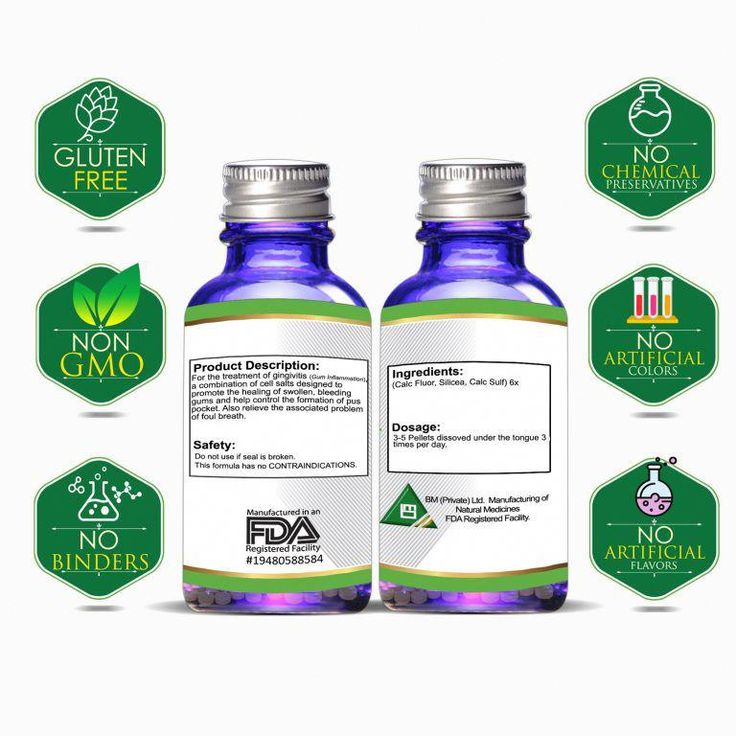 To prevent stagnant processes in the intestines, Bibikol Nenni 1 includes a unique complex of Orafti prebiotics. On sale you can see two volumes of cans - 400 and 800 g. Casein shows a good percentage of fat content, high bioavailability, and excellent tolerance by the body. To support digestion, the complex contains maltodextrin, oligofructose, inulin, macronutrients, oils, vitamins and fatty acids. Suitable for children with dyspeptic disorders. nine0003
To prevent stagnant processes in the intestines, Bibikol Nenni 1 includes a unique complex of Orafti prebiotics. On sale you can see two volumes of cans - 400 and 800 g. Casein shows a good percentage of fat content, high bioavailability, and excellent tolerance by the body. To support digestion, the complex contains maltodextrin, oligofructose, inulin, macronutrients, oils, vitamins and fatty acids. Suitable for children with dyspeptic disorders. nine0003
Advantages
- With goat's milk;
- Only natural ingredients;
- Hypoallergenic;
- Source of valuable nutrients;
- Elimination of dyspepsia syndrome;
- Ease of preparation.
Drawbacks
- Price;
- Need to drink because of the high fat content.
Quality nutrition that relieves constipation in newborns, does not cause allergies and is suitable for children with milk protein intolerance.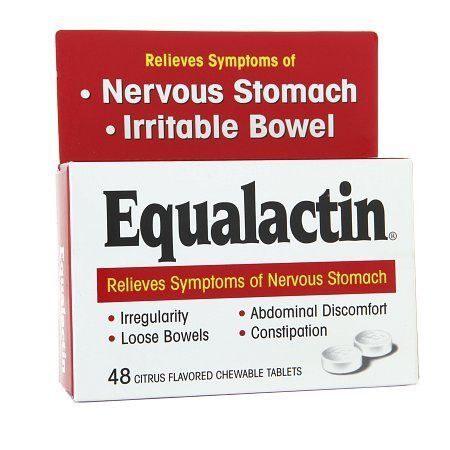 Buyers in the minuses mark the price above the average level, but are willing to pay for a 100% natural composition without synthetic components. It is important to consider that due to the high fat content, Bibikol requires drinking water. nine0003
Buyers in the minuses mark the price above the average level, but are willing to pay for a 100% natural composition without synthetic components. It is important to consider that due to the high fat content, Bibikol requires drinking water. nine0003
The best fermented milk mixtures for constipation and colic for newborns
Constipation in infants is not usually treated with drugs, in rare cases, the doctor prescribes a drug for colic. To avoid risks, it is worth reviewing the diet of the baby. In addition to breast milk, there are many adapted feeds with valuable additives. For example, fermented milk mixture for newborns with constipation and dyspepsia with prebiotics, probiotics, lacto-, bifidobacteria. Based on the opinions of pediatricians, parents' reviews, manufacturers' guarantees, experts named the best fermented milk products from 0 months. nine0003
Humana Anticolic
The manufacturer has its own patented formula of natural milk fats with a high content of β-palmitate.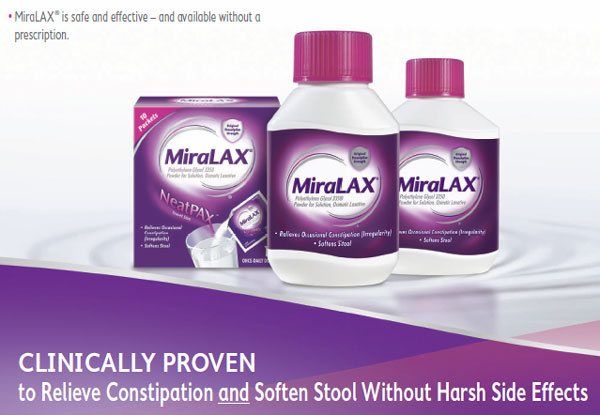 Due to this, calcium soaps will not form in the baby’s intestines, which is why constipation actually occurs. Apply a mixture of Humana Anticolic in the case of diet therapy or for the prevention of intestinal colic. Carton packs contain a white powder with a pleasant milky odor for dilution in boiled water at 70 degrees. Compared to many baby products, Humana Anticolic contains 20 times less lactose. Pediatricians note easy digestibility, bioavailability of valuable substances in the composition. nine0003
Due to this, calcium soaps will not form in the baby’s intestines, which is why constipation actually occurs. Apply a mixture of Humana Anticolic in the case of diet therapy or for the prevention of intestinal colic. Carton packs contain a white powder with a pleasant milky odor for dilution in boiled water at 70 degrees. Compared to many baby products, Humana Anticolic contains 20 times less lactose. Pediatricians note easy digestibility, bioavailability of valuable substances in the composition. nine0003
Advantages
- Natural prebiotics, probiotics;
- Convenient packaging;
- Minimum amount of lactose;
- Gluten free;
- Pleasant taste, aroma;
- High bioavailability.
Drawbacks
- Price;
- Individual intolerance is possible.
Numerous reviews of parents confirm that the mixture really helps with digestive disorders, dyspepsia.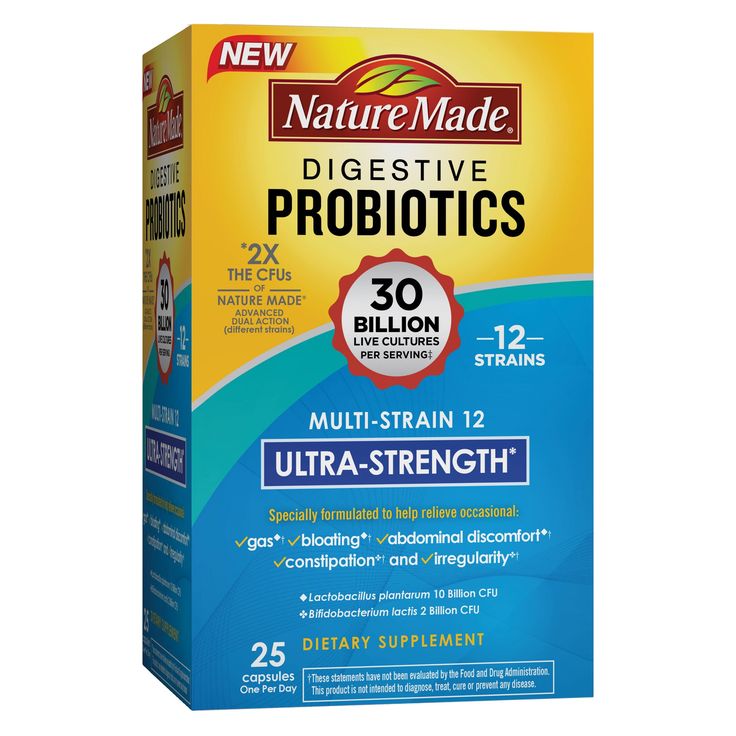 The main thing is to cook according to the instructions in the instructions. The product received high marks for its safe composition, non-GMO, gluten, low lactose content. The downside was the price is above average, the likelihood of allergies. nine0003
The main thing is to cook according to the instructions in the instructions. The product received high marks for its safe composition, non-GMO, gluten, low lactose content. The downside was the price is above average, the likelihood of allergies. nine0003
Nan 1 Sour milk
The next position in the list of recommendations on which mixtures are best for newborns with constipation and intestinal disorders is Nan 1 fermented milk product from the first days of life. The great demand for it is due to the multicomponent composition and the large volume of the can. Whey protein is added in the amount of 70%, there are also linoic and alpha-linoic acids, fat, lactose, starch, maltodextrin. Additional valuable components are a culture of bifidobacteria and thermophilic bacteria, a complex of vitamins, minerals, niacin, carotenoids, pantothenic, folic acid. Such a set provides improved protein digestion, protection of microflora from dangerous microbes, and improvement of its composition. Can be used as a supplement to breastfeeding, artificial feeding. nine0003
Can be used as a supplement to breastfeeding, artificial feeding. nine0003
Advantages
- Probiotics, vitamins, minerals;
- Adapted formula;
- Easy absorption;
- Normalization of the digestive tract;
- Pleasant taste, smell;
- Practical packaging.
Drawbacks
- Price;
- Difficulty dissolving in water.
According to most buyers, this is a good mixture for constipation, which children eat with great pleasure. It facilitates the work of the digestive organs, so that babies sleep better at night. So far, there have been no cases of allergy development, which confirms the literacy of the composition. The downside is the price, the formation of lumps due to difficulties with dissolution. nine0003
Similac Comfort 1
Another popular, according to the reviews, mixture for colic for newborns, which does not contain palm oil. It contains useful substances for the digestive system - protein, prebiotics, bifidobacteria, oligosaccharides. Additionally, the manufacturer included vitamins, minerals, nucleotides, carotenoids. The manufacturer recommends it primarily for children with functional disorders of the gastrointestinal tract. Clinical studies confirm that already after the first day of using Similac Comfort 1, the symptoms of dyspepsia are reduced by 20%. Sold in practical tins with a special measuring spoon. A moderate amount of lactose suppresses excessive gas formation. The powder dissolves well in water and is easily absorbed by the body. nine0003
It contains useful substances for the digestive system - protein, prebiotics, bifidobacteria, oligosaccharides. Additionally, the manufacturer included vitamins, minerals, nucleotides, carotenoids. The manufacturer recommends it primarily for children with functional disorders of the gastrointestinal tract. Clinical studies confirm that already after the first day of using Similac Comfort 1, the symptoms of dyspepsia are reduced by 20%. Sold in practical tins with a special measuring spoon. A moderate amount of lactose suppresses excessive gas formation. The powder dissolves well in water and is easily absorbed by the body. nine0003
Advantages
- No palm oil;
- Good curative effect;
- Nutritional composition;
- For children with intolerance to cow's milk;
- Practical packaging;
- Easy to prepare.
Drawbacks
- Price;
- Coconut oil.
This brand was one of the first to appear on the Russian market, over the years it has earned great confidence from buyers and pediatricians. nine0003
nine0003
Composition, therapeutic properties, nutritional value and the fact that the food is excellent for children with cow's milk intolerance are highly valued. The only downside is the price, coconut oil is in the list of ingredients.
Friso VOM 1
Completes the review of the Dutch product, intended specifically for children prone to regurgitation, dyspeptic disorders. The composition contains skim milk, milk demineralized whey, lactose, maltodextrin, galactooligosaccharides, valuable vitamin D3, fish oil, D-biotin, minerals. Carob gluten, as a source of natural dietary fiber, thickens food, preventing regurgitation. Prebiotics are present to improve metabolism, protect the digestive organs. The powder is packaged in a tin can with a measuring spoon. It tastes delicious, almost not sweet thick substance, reminiscent of heavy cream. This is important to consider when choosing a pacifier, otherwise a too narrow passage will make feeding difficult. nine0003
nine0003
Advantages
- Multi-component compound;
- Dietary fiber;
- Relief from regurgitation, stool disorders;
- Good tolerance;
- Nutrition;
- Delicious thick texture.
Drawbacks
- Price;
- Difficulties in cooking.
Reviews confirm the real therapeutic effect, the normalization of the stool, the absence of the problem of regurgitation. Pediatricians praise the composition, the presence of important vitamin D3 in the composition, which prevents rickets and other diseases. They also note good tolerance, excellent taste. The downside is the difficulty of cooking, as well as the price. nine0003
What is the best mixture for constipation and colic for newborns to buy
When asked which mixture to choose from birth to protect the baby's body from dyspeptic disorders, a pediatrician should give recommendations.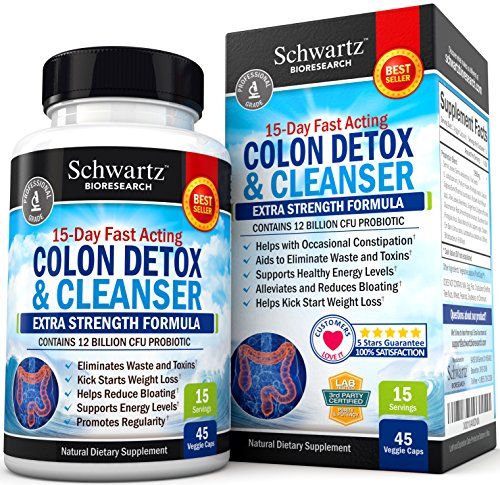 Much also depends on the individual characteristics of the digestive system. Someone is contraindicated for lactose, someone does not tolerate cow's milk, etc. What to buy is determined by the parent himself, and based on an expert review, the following conclusions can be drawn:
Much also depends on the individual characteristics of the digestive system. Someone is contraindicated for lactose, someone does not tolerate cow's milk, etc. What to buy is determined by the parent himself, and based on an expert review, the following conclusions can be drawn:
- Kabrita 1 Gold is a breastfeeding food for the age group 0-6 months based on goat's milk with valuable additives. nine0014
- Nan 1 Sour-milk - feeding, the most adapted to breastfeeding;
- Friso VOM 1 - anti-reflux action, thick consistency;
- Humana anti-colic - a patented formula with high bioavailability;
- Nestozhen 1 Prebio - the best value for money;
- Agusha 1 - people's choice, the most purchased product;
- Bibikol Nanny 1 with prebiotics - for children with intolerance to cow's milk.
Infant formula against dyspepsia and difficulties with defecation necessarily contains prebiotics, probiotics, valuable bacteria to normalize the intestinal microflora. Only in this case, it will not only saturate the body, but also help the digestive tract with its tasks. Each nominee of the rating is worthy of attention. nine0003
Only in this case, it will not only saturate the body, but also help the digestive tract with its tasks. Each nominee of the rating is worthy of attention. nine0003
8 Best Mixtures for Constipation and Colic for Newborns - 2023 Ranking
In the first months of life, the baby's digestive system is extremely unstable and receptive to nutrition. Therefore, when choosing mixtures as a supplement or alternative to breast milk, it is important to choose high-quality, proven products that help normalize stools. The most common cause under the age of one year is colic, constipation. But drugs should only be used as a last resort. Parents will be able to come to the aid of the best mixtures for constipation and colic for newborns, which are approved by pediatricians, experts. Only reliable manufacturers with certified products were included in the 2023 rating. Based on reviews and comparative analysis, the review will present fermented milk and preventive infant formulas with probiotics, prebiotics. Learn more about each nominee and the determining selection criteria below. nine0003
Learn more about each nominee and the determining selection criteria below. nine0003
Contents
Mixture for constipation and colic for newborns which company is better to choose
You can use special baby formulas for colic and constipation not only in case of artificial feeding, but also as an additional food for breastfeeding. Many well-known manufacturers have such products, but the following ones were able to get into the fresh rating:
- Kabrita is a trademark of the Dutch company Ausnutria. Factories produce not only baby food, but also yoghurts, butter and others. dairy products for children and adults. 75 farms act as a daily supplier of goat milk. Production experience since 1897 years old The brand has been present on the Russian market since 2012.
- Nestle is a Swiss company that has been around for over a hundred years. It has two brands of baby food - Nestogen, NAN. Each composition is optimized for a specific age range; in addition to vitamins, it contains carbohydrates, proteins, and fats in the right proportion.

- Agusha is a Russian baby food brand that has been in existence since 1992. Today, this brand is the main supplier of food for free dairy kitchens. The maximum expansion of the range has been observed since 2008. The company strives for the unification of its products, recognition not only within Russia. nine0014
- Bibikol is a German manufacturer using New Zealand raw materials for the manufacture of baby food. It is in these parts that valuable goat milk is obtained, as animals eat fresh grass all year round. The company does not offer combined feeds, it does not contain GMOs, fragrances, additives.
- Humana is the only manufacturer whose entire production process takes place in Germany. The raw material used is milk only from the family farms of the city of Herford. A safe composition, a wide range have earned the trust of millions of customers. nine0014
- Similac is a well-known baby food brand owned by the American company Abbott.
 It occupies a leading position in its market segment. The composition of infant formulas is maximally adapted to breast milk, which protects the fragile digestive system from disorders.
It occupies a leading position in its market segment. The composition of infant formulas is maximally adapted to breast milk, which protects the fragile digestive system from disorders. - Friso is a Dutch company with over 19,000 organic baby food farms. Experience has exceeded 130 years. The Queen of Holland awarded the company with royal status. Each product contains the optimal combination of key nutrients for the immunity of the baby. nine0014
Constipation and colic mixture rating for newborns
After reliable baby food manufacturers have been identified, it is possible to proceed to the definition of criteria by which they were awarded the top list. Initially, the opinions of leading pediatricians helped determine the list of contenders for the title of the best mixtures for constipation and colic for newborns. Further, the experts relied on the following evaluation criteria:
- Type - milk with gum, lactulose, adapted, sour milk; nine0014
- Composition - split proteins, dietary fiber, vitamins, prebiotic, probiotic, etc.
 ;
; - Indications - individual physiological characteristics of the baby's body;
- Age limit - the number "1" means up to six months;
- Safety - no GMOs, vegetable oils, flavors, flavor enhancers;
- Rules of application - cooking method, packaging consumption;
- Storage - shelf life, preservation requirements.
In the course of the study, the experts also got acquainted with the opinions of parents who, on their own experience, were convinced of the quality and useful properties of various products. Based on this information, the defining strengths and weaknesses of each nominee were established.
Best Prophylactic Prebiotic Mixes for Constipation
The most important ingredient in baby food for the prevention and treatment of constipation is prebiotics. These components are aimed at softening the feces, as well as improving the intestinal microflora. Lactobacilli and bifidobacteria, natural dietary fiber will help improve its peristalsis.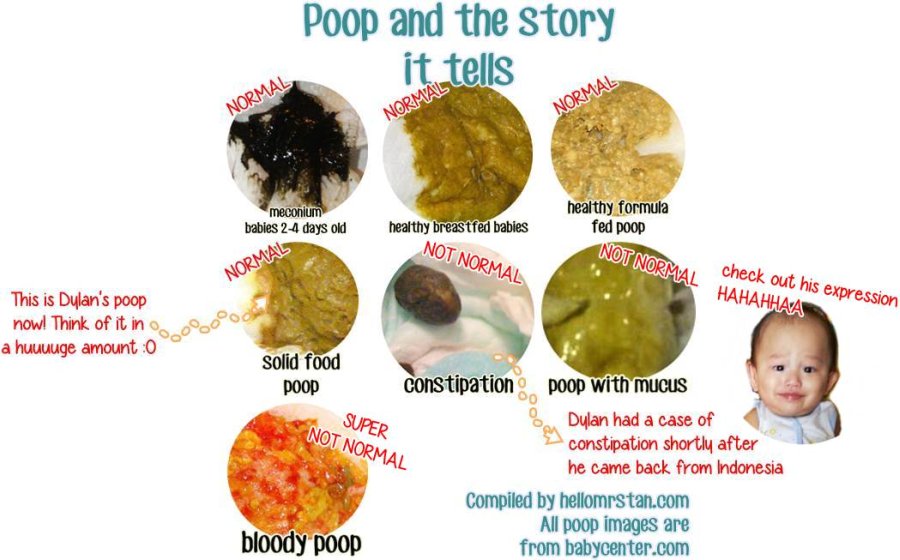 What mixtures are best for newborns with constipation will be prompted by a pediatrician, reviews of experienced parents and expert recommendations in the current review. nine0003
What mixtures are best for newborns with constipation will be prompted by a pediatrician, reviews of experienced parents and expert recommendations in the current review. nine0003
Kabrita 1 Gold
Adapted milk dry mix, the main raw material for which is goat milk from the Netherlands. Enriched with a large list of valuable components to facilitate digestion. Recommended for age group 0-6 months.
Goat milk is easily digestible and well tolerated. DigestX beta-palmitate fat complex minimizes the risk of constipation, increases calcium absorption, and improves energy metabolism. Prebiotics and probiotics, goat milk nucleotides and oligosaccharides strengthen the immune system, DHA (ω-3) and ARA (ω-6) support the proper development of the organs of vision and the brain. nine0003
Packing - tin can 800 g. The powder dissolves easily without lumps in boiled water cooled down to 40 degrees. The taste is delicate, soft creamy with a slight sweetness. For dosage, a measuring spoon is provided.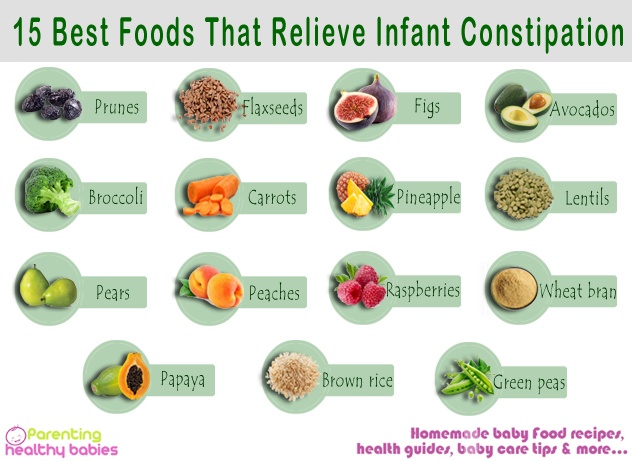
Advantages:
- Highly adapted blend;
- Goat milk for comfortable digestion;
- Components for enhancing immunity;
- Easy digestion;
- Eye and brain supplements; nine0014
- Mild creamy taste;
- Good solubility, easy preparation.
Drawbacks:
- Price.
According to reviews, the product is in demand, so it is not always on sale.
Nestogen 1 Prebio
Budget product with preventive action against abdominal discomfort. It is intended for babies from the first days of life, in addition to the main function, it regulates stool, and also reduces the intensity of colic. The rich composition is a source of demineralized whey and skim milk, lactose, maltodextrin, soy lecithin, prebiotics, lactobacilli. Additional useful components are a complex of vitamins and minerals, L-carnitine, taurine to maintain immunity. Dietary fiber facilitates the process of digestion, which in turn normalizes feces. The only contraindication is hypersensitivity to the composition. nine0003
The only contraindication is hypersensitivity to the composition. nine0003
Advantages
- No palm oil;
- Multicomponent composition;
- Prebiotics and lactobacilli for the intestines;
- Proven manufacturer for years;
- Pleasant taste;
- Convenient packaging;
- Inexpensive.
Drawbacks
- Likely to develop allergies;
- Inaccurate dosages in instructions.
This is one of the most popular products in its segment, which will be affordable for most buyers. Pediatricians praise the composition, parents praise the taste, supplements in the form of vitamins and minerals, convenient packaging, and the absence of palm oil. The disadvantage is inaccurate dosages for preparation; for detailed information, you will need to consult a doctor. Rarely, but still the composition causes allergies. nine0003
Agusha 1
For the still fragile gastrointestinal tract of newborns, Agusha offers a prophylactic mixture for constipation and colic.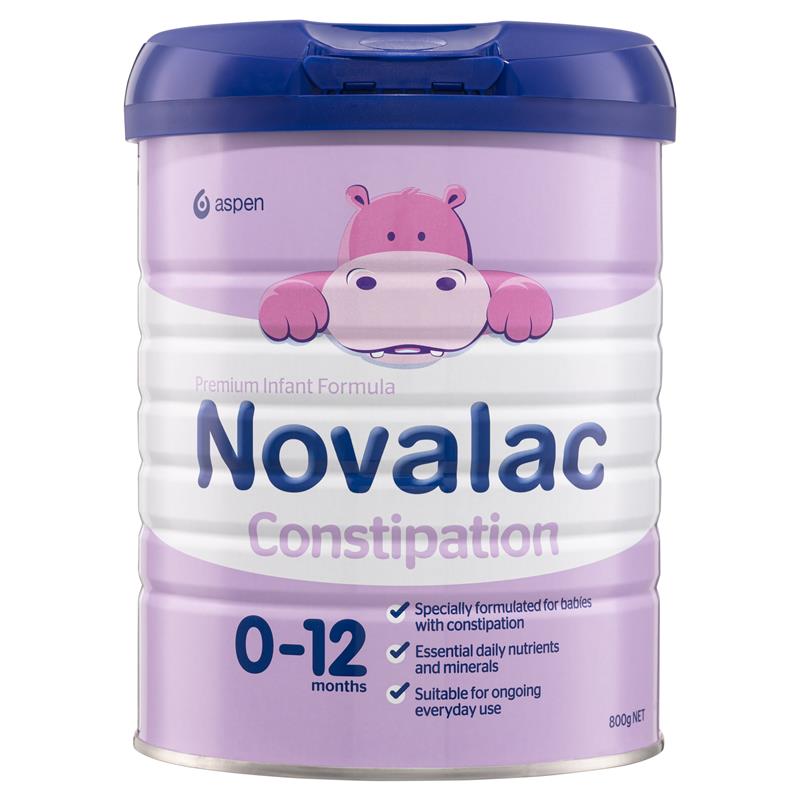 The number "1" on the package indicates that it can be used from birth. The composition of such a product does not include sugar, starch, gluten, preservatives. In addition to adapted milk raw materials, the manufacturer included prebiotics in the formula, they soften feces, improve intestinal motility and its microflora. There is also a premix of minerals, vitamins, nucleotides. A pleasant milky taste and smell will appeal to the child. On sale you can see several packs with different sizes. A contraindication is only individual intolerance to any component in the composition. nine0003
The number "1" on the package indicates that it can be used from birth. The composition of such a product does not include sugar, starch, gluten, preservatives. In addition to adapted milk raw materials, the manufacturer included prebiotics in the formula, they soften feces, improve intestinal motility and its microflora. There is also a premix of minerals, vitamins, nucleotides. A pleasant milky taste and smell will appeal to the child. On sale you can see several packs with different sizes. A contraindication is only individual intolerance to any component in the composition. nine0003
Advantages
- Thoughtfully formulated;
- Presence of vitamins, minerals, prebiotics;
- Pleasant taste, smell;
- Economy consumption;
- Inexpensive.
Drawbacks
- Palm oil;
- Soft impractical packaging.
Domestic products are widely used in many Russian cities as food in free dairy kitchens. This speaks volumes about its quality and reliability. nine0003
This speaks volumes about its quality and reliability. nine0003
Buyers approve price, multi-ingredient fortified formulation, constipation prevention. The downside is the presence of palm oil, impractical soft paper packaging.
Bibikol Nanny 1 with prebiotics
When asked in the pediatrician's office how to choose a mixture for a newborn with constipation, the best recommendation would be a goat milk mixture with prebiotics from Bibikol. The first thing that it mainly differs from the previous nominees is the absence of cow's milk in the composition. It is also preferred by many parents, because it is an absolutely hypoallergenic product. It does not contain synthetic additives, palm oil, all components are 100% natural. To prevent stagnant processes in the intestines, Bibikol Nenni 1 includes a unique complex of Orafti prebiotics. On sale you can see two volumes of cans - 400 and 800 g. Casein shows a good percentage of fat content, high bioavailability, and excellent tolerance by the body.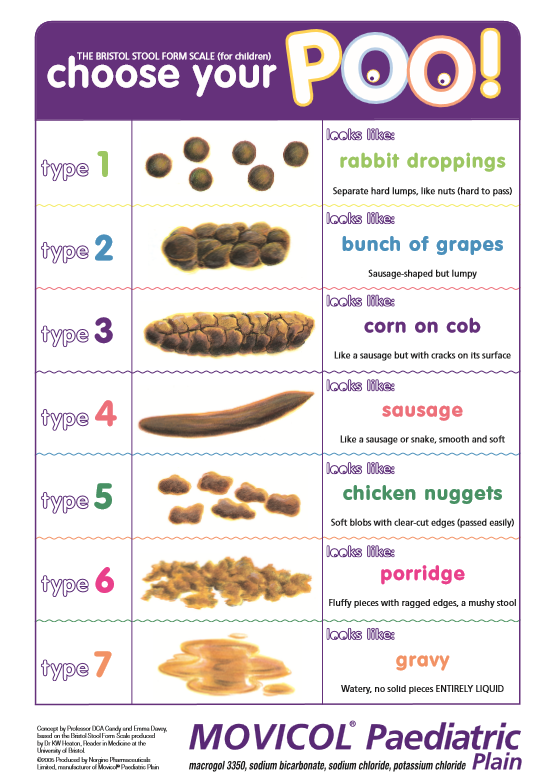 To support digestion, the complex contains maltodextrin, oligofructose, inulin, macronutrients, oils, vitamins and fatty acids. Suitable for children with dyspeptic disorders. nine0003
To support digestion, the complex contains maltodextrin, oligofructose, inulin, macronutrients, oils, vitamins and fatty acids. Suitable for children with dyspeptic disorders. nine0003
Advantages
- With goat's milk;
- Only natural ingredients;
- Hypoallergenic;
- Source of valuable nutrients;
- Elimination of dyspepsia syndrome;
- Ease of preparation.
Drawbacks
- Price;
- Need to drink because of the high fat content.
Quality nutrition that relieves constipation in newborns, does not cause allergies and is suitable for children with milk protein intolerance. Buyers in the minuses mark the price above the average level, but are willing to pay for a 100% natural composition without synthetic components. It is important to consider that due to the high fat content, Bibikol requires drinking water. nine0003
The best fermented milk mixtures for constipation and colic for newborns
Constipation in infants is not usually treated with drugs, in rare cases, the doctor prescribes a drug for colic.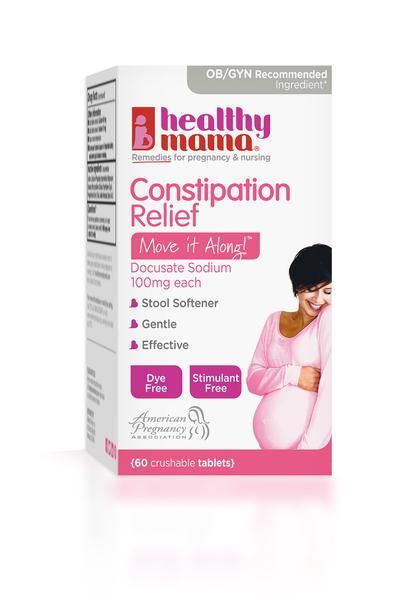 To avoid risks, it is worth reviewing the diet of the baby. In addition to breast milk, there are many adapted feeds with valuable additives. For example, fermented milk mixture for newborns with constipation and dyspepsia with prebiotics, probiotics, lacto-, bifidobacteria. Based on the opinions of pediatricians, parents' reviews, manufacturers' guarantees, experts named the best fermented milk products from 0 months. nine0003
To avoid risks, it is worth reviewing the diet of the baby. In addition to breast milk, there are many adapted feeds with valuable additives. For example, fermented milk mixture for newborns with constipation and dyspepsia with prebiotics, probiotics, lacto-, bifidobacteria. Based on the opinions of pediatricians, parents' reviews, manufacturers' guarantees, experts named the best fermented milk products from 0 months. nine0003
Humana Anticolic
The manufacturer has its own patented formula of natural milk fats with a high content of β-palmitate. Due to this, calcium soaps will not form in the baby’s intestines, which is why constipation actually occurs. Apply a mixture of Humana Anticolic in the case of diet therapy or for the prevention of intestinal colic. Carton packs contain a white powder with a pleasant milky odor for dilution in boiled water at 70 degrees. Compared to many baby products, Humana Anticolic contains 20 times less lactose. Pediatricians note easy digestibility, bioavailability of valuable substances in the composition.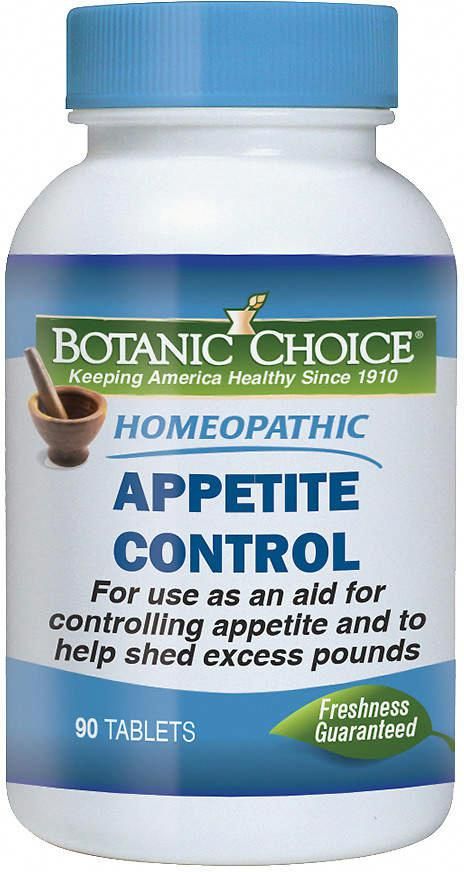 nine0003
nine0003
Advantages
- Natural prebiotics, probiotics;
- Convenient packaging;
- Minimum amount of lactose;
- Gluten free;
- Pleasant taste, aroma;
- High bioavailability.
Drawbacks
- Price;
- Individual intolerance is possible.
Numerous reviews of parents confirm that the mixture really helps with digestive disorders, dyspepsia. The main thing is to cook according to the instructions in the instructions. The product received high marks for its safe composition, non-GMO, gluten, low lactose content. The downside was the price is above average, the likelihood of allergies. nine0003
Nan 1 Sour milk
The next position in the list of recommendations on which mixtures are best for newborns with constipation and intestinal disorders is Nan 1 fermented milk product from the first days of life. The great demand for it is due to the multicomponent composition and the large volume of the can.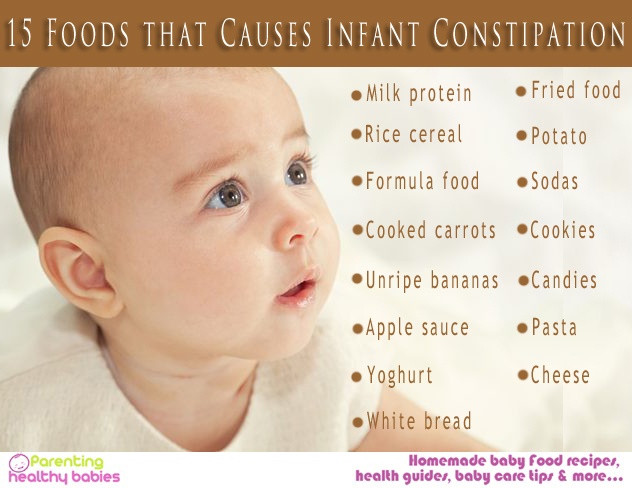 Whey protein is added in the amount of 70%, there are also linoic and alpha-linoic acids, fat, lactose, starch, maltodextrin. Additional valuable components are a culture of bifidobacteria and thermophilic bacteria, a complex of vitamins, minerals, niacin, carotenoids, pantothenic, folic acid. Such a set provides improved protein digestion, protection of microflora from dangerous microbes, and improvement of its composition. Can be used as a supplement to breastfeeding, artificial feeding. nine0003
Whey protein is added in the amount of 70%, there are also linoic and alpha-linoic acids, fat, lactose, starch, maltodextrin. Additional valuable components are a culture of bifidobacteria and thermophilic bacteria, a complex of vitamins, minerals, niacin, carotenoids, pantothenic, folic acid. Such a set provides improved protein digestion, protection of microflora from dangerous microbes, and improvement of its composition. Can be used as a supplement to breastfeeding, artificial feeding. nine0003
Advantages
- Probiotics, vitamins, minerals;
- Adapted formula;
- Easy absorption;
- Normalization of the digestive tract;
- Pleasant taste, smell;
- Practical packaging.
Drawbacks
- Price;
- Difficulty dissolving in water.
According to most buyers, this is a good mixture for constipation, which children eat with great pleasure. It facilitates the work of the digestive organs, so that babies sleep better at night. So far, there have been no cases of allergy development, which confirms the literacy of the composition. The downside is the price, the formation of lumps due to difficulties with dissolution. nine0003
It facilitates the work of the digestive organs, so that babies sleep better at night. So far, there have been no cases of allergy development, which confirms the literacy of the composition. The downside is the price, the formation of lumps due to difficulties with dissolution. nine0003
Similac Comfort 1
Another popular, according to the reviews, mixture for colic for newborns, which does not contain palm oil. It contains useful substances for the digestive system - protein, prebiotics, bifidobacteria, oligosaccharides. Additionally, the manufacturer included vitamins, minerals, nucleotides, carotenoids. The manufacturer recommends it primarily for children with functional disorders of the gastrointestinal tract. Clinical studies confirm that already after the first day of using Similac Comfort 1, the symptoms of dyspepsia are reduced by 20%. Sold in practical tins with a special measuring spoon. A moderate amount of lactose suppresses excessive gas formation. The powder dissolves well in water and is easily absorbed by the body.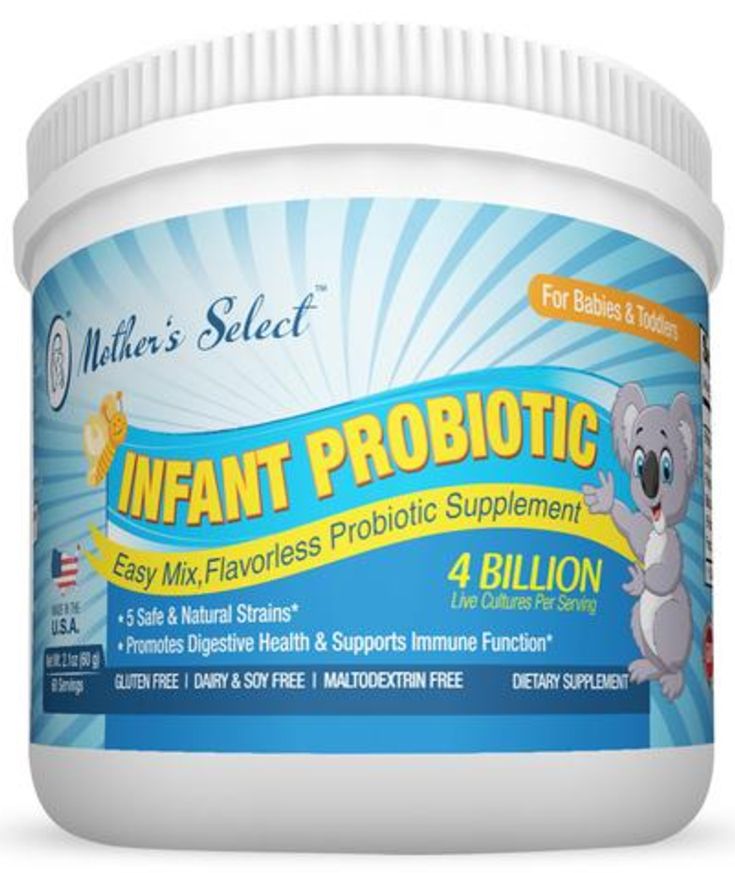 nine0003
nine0003
Advantages
- No palm oil;
- Good curative effect;
- Nutritional composition;
- For children with intolerance to cow's milk;
- Practical packaging;
- Easy to prepare.
Drawbacks
- Price;
- Coconut oil.
This brand was one of the first to appear on the Russian market, over the years it has earned great confidence from buyers and pediatricians. nine0003
Composition, therapeutic properties, nutritional value and the fact that the food is excellent for children with cow's milk intolerance are highly valued. The only downside is the price, coconut oil is in the list of ingredients.
Friso VOM 1
Completes the review of the Dutch product, intended specifically for children prone to regurgitation, dyspeptic disorders. The composition contains skim milk, milk demineralized whey, lactose, maltodextrin, galactooligosaccharides, valuable vitamin D3, fish oil, D-biotin, minerals.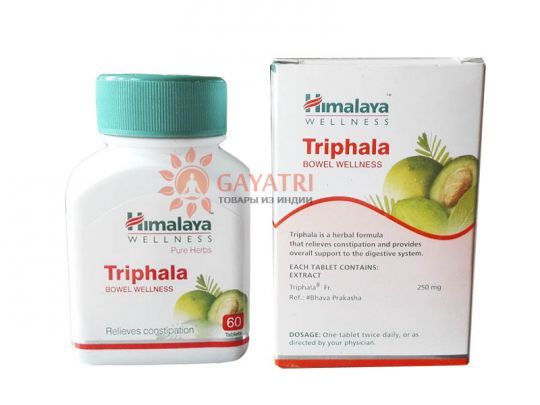 Carob gluten, as a source of natural dietary fiber, thickens food, preventing regurgitation. Prebiotics are present to improve metabolism, protect the digestive organs. The powder is packaged in a tin can with a measuring spoon. It tastes delicious, almost not sweet thick substance, reminiscent of heavy cream. This is important to consider when choosing a pacifier, otherwise a too narrow passage will make feeding difficult. nine0003
Carob gluten, as a source of natural dietary fiber, thickens food, preventing regurgitation. Prebiotics are present to improve metabolism, protect the digestive organs. The powder is packaged in a tin can with a measuring spoon. It tastes delicious, almost not sweet thick substance, reminiscent of heavy cream. This is important to consider when choosing a pacifier, otherwise a too narrow passage will make feeding difficult. nine0003
Advantages
- Multi-component compound;
- Dietary fiber;
- Relief from regurgitation, stool disorders;
- Good tolerance;
- Nutrition;
- Delicious thick texture.
Drawbacks
- Price;
- Difficulties in cooking.
Reviews confirm the real therapeutic effect, the normalization of the stool, the absence of the problem of regurgitation. Pediatricians praise the composition, the presence of important vitamin D3 in the composition, which prevents rickets and other diseases.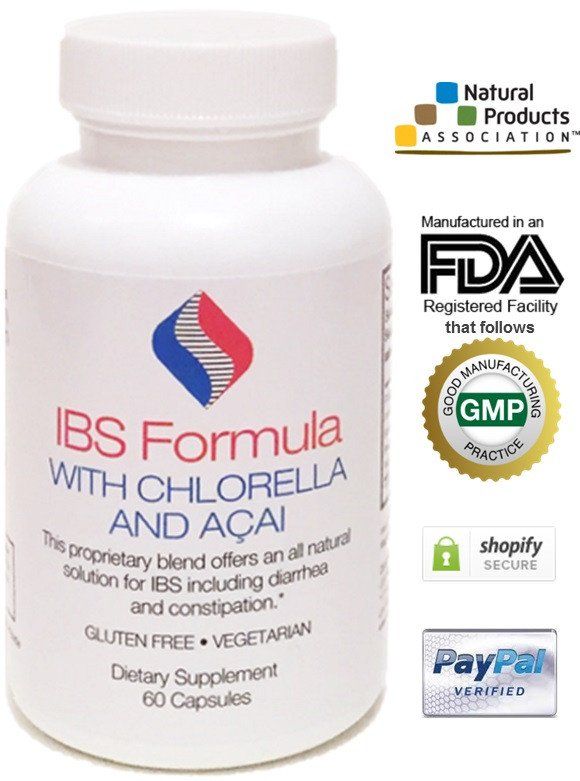 They also note good tolerance, excellent taste. The downside is the difficulty of cooking, as well as the price. nine0003
They also note good tolerance, excellent taste. The downside is the difficulty of cooking, as well as the price. nine0003
What is the best mixture for constipation and colic for newborns to buy
When asked which mixture to choose from birth to protect the baby's body from dyspeptic disorders, a pediatrician should give recommendations. Much also depends on the individual characteristics of the digestive system. Someone is contraindicated for lactose, someone does not tolerate cow's milk, etc. What to buy is determined by the parent himself, and based on an expert review, the following conclusions can be drawn:
- Kabrita 1 Gold is a breastfeeding food for the age group 0-6 months based on goat's milk with valuable additives. nine0014
- Nan 1 Sour-milk - feeding, the most adapted to breastfeeding;
- Friso VOM 1 - anti-reflux action, thick consistency;
- Humana anti-colic - a patented formula with high bioavailability;
- Nestozhen 1 Prebio - the best value for money;
- Agusha 1 - people's choice, the most purchased product;
- Bibikol Nanny 1 with prebiotics - for children with intolerance to cow's milk.












